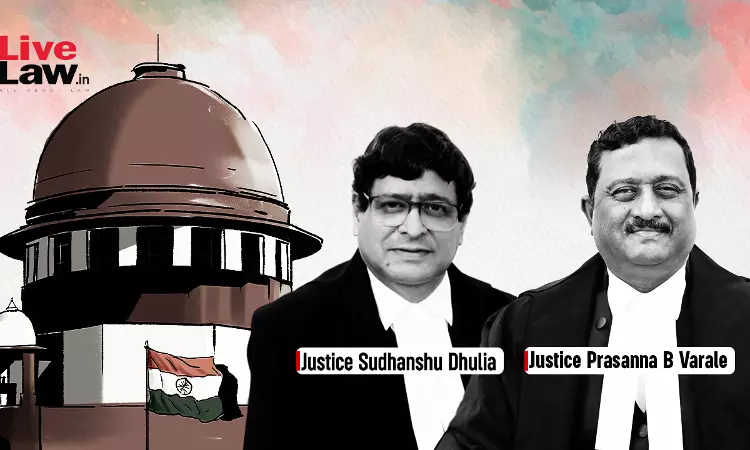Motive Is Insignificant When There Is Direct Evidence Proving The Guilt Of Accused: Supreme Court
Yash Mittal
9 April 2024 10:34 AM IST

Next Story
9 April 2024 10:34 AM IST
While upholding the accused conviction for committing a day-light murder, the Supreme Court held that if there's a direct ocular piece of evidence inspiring the confidence of the court then the motive behind the commission of the offence would be of little relevance and the prosecution need not prove the motive of the accused in the commission of the crime “The argument of the defence...
